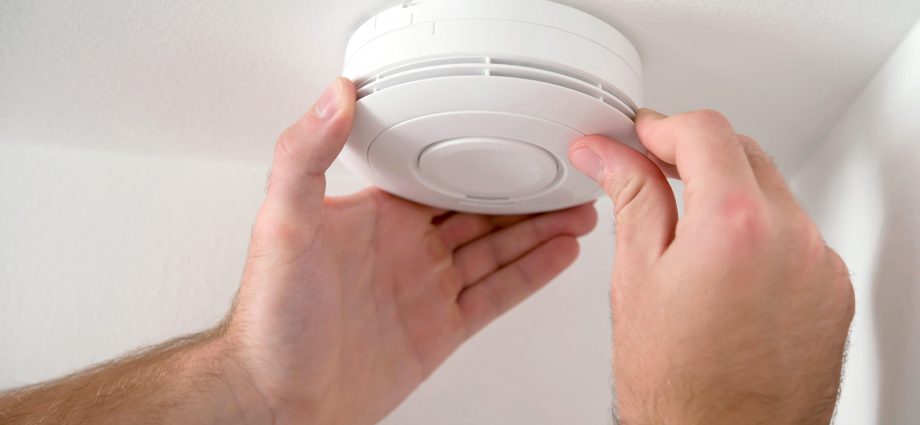THURSDAY, Nov. 3, 2022 (HealthDay News) — When you set your clocks back on Sunday, do some simple at-home safety checks that could save your life.
Check your smoke alarms and carbon monoxide (CO) detectors to be sure they’re working. This is also a good time to replace their batteries.
The U.S. Consumer Product Safety Commission (CPSC) recommends replacing batteries once a year unless devices have sealed 10-year batteries. The smoke alarm itself should be replaced every 10 years.
The CPSC recommends installing smoke alarms on every level of the home, inside each bedroom and outside sleeping areas. Carbon monoxide alarms should also be installed on each level of the home, placed outside sleeping areas.
Working smoke and CO alarms are always important, but even more so during this season of burning fuel for heat and spending more time at home, the commission emphasized.
Carbon monoxide poisoning can come from home heating systems, portable generators, and other CO-producing appliances. CO is invisible and odorless, and CO poisoning claims more than 400 U.S. lives a year. Most of those deaths happen between November and February.
There were an estimated 347,000 residential fires across the United States in 2019, according to the CPSC. Those fires resulted in about 2,490 deaths, 11,760 injuries and $7.38 billion in property damage.
The CPSC recommends making a fire escape plan that includes two ways out from each room and a clear path to the outside from each exit. Once you escape, don’t return to the house.
Keep bedroom doors closed to slow the spread of a potential fire, the CPSC suggests.
Between 1980 and 2019, there was a 67% decline in residential fires per household; a 66% decline in fire deaths per household, and a 60% decline in fire injuries per household, according to the CPSC.
More information
The U.S. Centers for Disease Control and Prevention has more on carbon monoxide poisoning.
SOURCE: U.S. Consumer Product Safety Commission, news release, Nov. 1, 2022
Copyright © 2026 HealthDay. All rights reserved.

